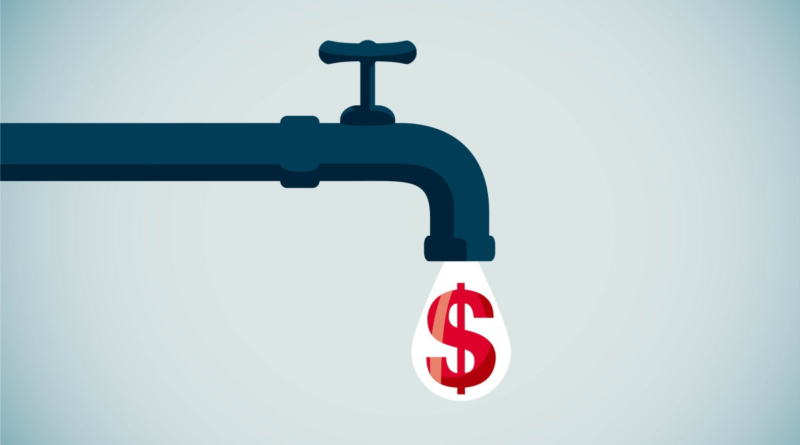Former Nextdoor exec raises $25 million for PipeDreams, a startup rolling up HVAC companies
Dan Laufer swore off ever founding a startup again after he sold apartment rental platform RentLingo in 2021, but Laufer also couldn’t ignore the potential to solve a problem he saw unfolding as the head of growth and product marketing at Nextdoor.
“The top use of Nextdoor is people looking for providers, HVAC especially,” Laufer told TechCrunch. “There were these gaps on the consumer side, the satisfaction with the experience, it didn’t feel modern. The other big trend I saw was the silver tsunami. All these baby boomers who own these and don’t necessarily have an exit plan.”
The result was PipeDreams, a startup that acquires mom and pop HVAC and plumbing companies and scales them using its software that helps with scheduling and marketing. PipeDreams allows business owners to retire, if they want, without losing their employees, name or brand, or just be part of a larger company with more resources, Laufer told TechCrunch.
PipeDreams just raised a $25.5 million Series A, led by Canvas Ventures and Plural with additional funds from Tony Xu, the founder of DoorDash, and Thomas Layton, the former CEO of OpenTable. PipeDreams has purchased nine companies so far and currently operates in the San Francisco Bay Area, Tucson and Denver, with plans to expand.
“The beauty of this industry is it’s massive, there are over 100,000 businesses doing plumbing and HVAC,” Laufer said about the U.S. market. “We intend to keep their brand. A lot of these people have their name on the truck, it’s very personal.”
PipeDreams’ strategy is a twist on the private equity roll-up model, where PE firms buy smaller companies in a niche (private schools, dental, healthcare) and combine them into a larger business, intent on selling the larger company off to pocket profits for investors.
PipeDreams also uses debt to acquire the businesses outright but isn’t tied to the kind of tight lifecycle timeline to produce returns or exit like the four-six years expected in PE. The company has a $15 million debt facility available, used to buy businesses, and will use the equity it raised to improve its software. Laufer said he imagines future rounds will involve raising more debt than equity.
Roll-up strategies aren’t common for venture-backed startups, with the closest comparison being Amazon aggregator startups like Perch and Thrasio, which have struggled financially as of late. But unlike these aggregators, the underlying businesses PipeDreams buys aren’t at the mercy of a company like Amazon that can change the rules as it pleases, and the companies PipeDreams buys have stronger relationships with its customers than Amazon brands.
That said, PipeDreams could experience some of the same growth hurdles Amazon aggregators face, like if a newer entrant grabs more business or if a local plumber beefs up its SEO or digital marketing strategy.
Laufer said owning the HVAC companies outright is what differentiates PipeDreams from other competitors looking to just connect consumers with professionals, like Angie and Thumbtack. He said that the marketplace model, like many of its competitors, isn’t sticky as consumers can just seek out professionals directly after finding them through a marketplace. With PipeDreams, since they bake their tech into each provider’s website, they are part of the process any time someone books with that professional.
PipeDreams is also addressing the skills shortage in the HVAC and plumbing industries, as Gen Z is less interested in learning trades than generations before them. The company launched an apprentice program in Q4 to allow people to get trained on the job. It’s had five students so far with plans to expand.
While the company has a long road to go to flesh out its HVAC-focused business, Laufer anticipates they’ll expand into other categories including electricians down the road too.
“We bought [a company] a couple of weeks ago and the owner had a celebratory dinner, he described it as, ‘my business is off to college,’” Laufer said. “‘I grew it up and it’s off to its next chapter.’ I love that description. That’s how we do it.”




